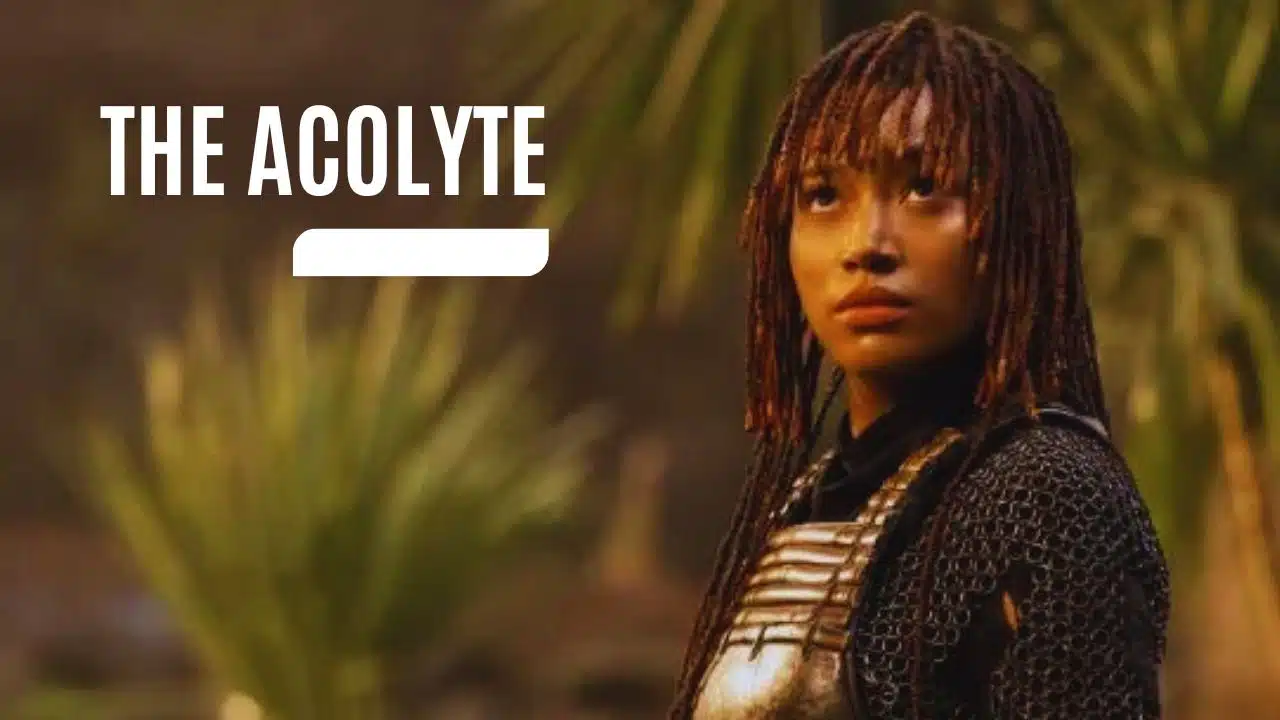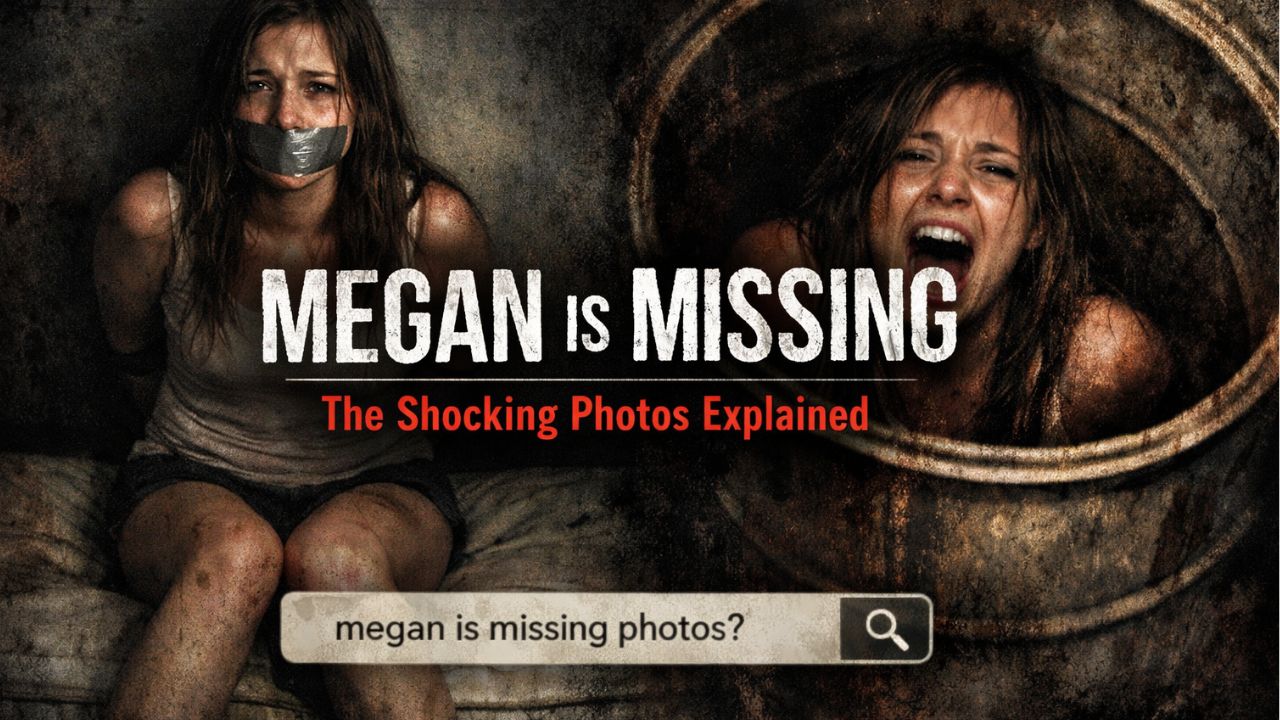In a surprising development, Lucasfilm has made the difficult decision to cancel its ambitious prequel series The Acolyte just a little over a month after the first season’s finale aired on Disney+. Despite being one of the most talked-about Star Wars projects in recent times, sources have confirmed to Deadline that there will be no second season for the mystery-thriller series. This decision comes as a shock to fans who had high hopes for the show, which was set to explore a largely unexplored era in the Star Wars universe.
The Ambitious Vision Behind The Acolyte
The Acolyte was conceived as a groundbreaking series within the Star Wars franchise, set a full century before the events of George Lucas’ prequel films. The series was designed to delve deep into the High Republic era, a period that had only recently been explored in Star Wars literature. This era was marked by a time when the Jedi Order was at its peak, serving as the guardians of peace and justice across the galaxy. However, beneath the surface, the dark forces of the Sith were beginning to stir, laying the groundwork for the eventual fall of the Republic.
Leslye Headland, a two-time Emmy nominee, was the creative force behind The Acolyte. Headland made history as the first openly queer person to create a Star Wars property, bringing a fresh perspective to the beloved franchise. In interviews, Headland emphasized her desire to explore themes of power, corruption, and the fine line between good and evil, all within the context of the Star Wars universe. The show was envisioned as a mystery-thriller, with a plot centered on how the Sith managed to infiltrate the Jedi Order during the final days of the High Republic.
The series boasted a high production value, with Headland revealing in a May interview with The New York Times that the show had a budget of approximately $180 million. This eye-popping figure translates to about $22.5 million per episode, placing The Acolyte among the most expensive television productions ever made. The significant investment underscored Lucasfilm’s commitment to creating a visually stunning and narratively rich addition to the Star Wars saga.
A Star-Studded Cast and Intriguing Plotlines
The Acolyte featured an impressive ensemble cast, headlined by Amandla Stenberg, who took on the challenging role of playing twin sisters Mae-ho ‘Mae’ Aniseya and Verosha ‘Osha’ Aniseya. The plot followed Osha, a Padawan learner, as she embarks on a dangerous mission with her former Jedi Master, Sol, portrayed by South Korean actor Lee Jung-jae. Together, they set out to investigate a series of mysterious crimes that seem to be connected to a dark and growing threat.
The cast also included a mix of seasoned actors and rising stars. Carrie-Anne Moss, best known for her iconic role in The Matrix series, brought her gravitas to the role of a seasoned Jedi Knight. Jodie Turner-Smith, Charlie Barnett, Dafne Keen, Rebecca Henderson, Manny Jacinto, Dean-Charles Chapman, and Joonas Suotamo also played key roles in the series. Suotamo, who had previously portrayed Chewbacca in the sequel trilogy, took on the role of a Wookiee Jedi, adding a familiar yet fresh element to the show. Other notable cast members included Margarita Levieva, Lauren Brady, Leah Brady, Harry Trevaldwyn, and David Harewood.
The narrative of The Acolyte was rich with intrigue, focusing on the complex dynamics between the Jedi and the rising Sith threat. The show promised to explore the moral ambiguities of the Force, with characters who straddled the line between light and dark. The depiction of twin sisters, with one being a Padawan and the other caught up in darker machinations, provided a compelling character study within the broader context of the Star Wars mythos.
The Reception: Critical Praise Versus Audience Discontent
Upon its release, The Acolyte received generally positive reviews from critics. On Rotten Tomatoes, the series earned a ‘certified fresh’ rating with a 78% approval score based on 246 reviews. Critics praised the show for its ambitious storytelling, high production values, and strong performances, particularly highlighting Amandla Stenberg’s portrayal of the twin sisters. The show was lauded for its darker tone and its willingness to tackle complex themes that resonated with adult viewers while still remaining within the Star Wars universe.
However, despite the critical acclaim, The Acolyte faced significant challenges in winning over the broader Star Wars fanbase. The show received a dismal 18% audience score on Rotten Tomatoes, a stark contrast to its critical reception. This discrepancy was attributed to an apparent review-bombing campaign, where a coordinated effort by a segment of viewers aimed to lower the show’s ratings. Such campaigns have become increasingly common in the era of online reviews, where fan backlash can disproportionately influence public perception.
The negative audience score highlighted a growing divide within the Star Wars fandom, where newer, more experimental projects often face resistance from a vocal subset of fans who prefer more traditional storytelling. The backlash against The Acolyte echoed similar reactions to other recent Star Wars projects, such as The Last Jedi and The Book of Boba Fett, which also sparked intense debates among fans.
A Strong Start but a Fading Finish
Despite the mixed audience reception, The Acolyte had a strong start when it first premiered on June 4, 2024. The series debuted with its first two episodes, generating 11.1 million views globally within the first five days of release. This impressive viewership indicated strong initial interest in the series, buoyed by the anticipation surrounding its unique premise and the high-profile cast.
However, the show struggled to maintain this momentum as it progressed. By the time the finale aired on July 16, 2024, viewership had significantly declined. The finale, which featured a highly anticipated puppet cameo of Jedi Master Yoda, failed to reignite interest, and the series concluded with a whimper rather than a bang. The drop in viewership suggested that while the show had a dedicated fanbase, it was not enough to sustain the high production costs and justify a second season.
The Future of Star Wars on Disney+: What’s Next?
The cancellation of The Acolyte raises questions about the future of Star Wars on Disney+ and the broader direction of the franchise. Lucasfilm’s decision to end the series after just one season reflects the challenges of balancing creative ambition with commercial viability in the streaming era. Despite the vast resources poured into The Acolyte, the show ultimately could not meet the high expectations set by both the studio and the fanbase.
Meanwhile, the future of The Mandalorian, one of Disney+’s flagship Star Wars series, also seems uncertain. Rumors have circulated that the show may not return for a fourth season, with the storyline potentially being wrapped up in an upcoming feature film titled *The Mandalorian & Grogu*. This film, set to be released in theaters on May 22, 2026, will continue the adventures of the beloved duo, Din Djarin (The Mandalorian) and Grogu, in what could be their final chapter.
At the D23 Expo held at the Anaheim Convention Center on August 9, 2024, The Mandalorian creator Jon Favreau and producer Dave Filoni addressed the future of the series. Favreau revealed that filming for the movie had just begun a few weeks prior and teased fans with a sneak peek at the new adventure. “It’s an all-new adventure following these two characters,” Favreau told the crowd, adding, “We figured we’d stop by and at least say hello because it’s the last D23 before the movie comes out.”
While The Mandalorian movie is moving forward, other Star Wars projects on Disney+ continue to develop. Lucasfilm has confirmed that a second season of Ahsoka, a spin-off series starring Rosario Dawson as the former Jedi apprentice Ahsoka Tano, is in development. The first season of Ahsoka was well-received by fans and critics alike, with Dawson’s portrayal of the titular character being a standout.
Disney+ Update: Renewals, Cancellations, and What It Means
Beyond the Star Wars universe, Disney+ has been making other significant programming decisions. The streaming service recently renewed Percy Jackson and The Olympians for a second season, much to the delight of fans of the beloved book series by Rick Riordan. The show, which reimagines Greek mythology for a new generation, has been a critical and commercial success, securing its place in Disney+’s lineup.
However, not all shows have been as fortunate. American Born Chinese, a series that blended mythological storytelling with contemporary issues, has been canceled after just one season. The show had received praise for its cultural representation and unique narrative but struggled to find a broad audience. Similarly, the historical drama *Renegade Nell* and the superhero legal comedy She-Hulk: Attorney at Law have also been canceled, reflecting the increasingly competitive landscape of streaming content.
These programming changes underscore the challenges faced by streaming platforms in retaining subscribers and keeping their content fresh and engaging. With the proliferation of streaming services, viewers have more choices than ever, leading to fierce competition for their attention. As Disney+ continues to refine its content strategy, it is clear that only the most successful and broadly appealing shows will survive.
A Cautionary Tale for Ambitious Streaming Projects
The cancellation of The Acolyte serves as acautionary tale for ambitious streaming projects. Despite its high production values, star-studded cast, and creative vision, the show could not overcome the hurdles of audience reception and sustaining viewership. As Lucasfilm and Disney+ move forward, the lessons learned from The Acolyte will likely influence the development of future Star Wars projects and other original series.
For fans of The Acolyte, the show’s early end is undoubtedly disappointing. However, the Star Wars universe remains vast, with many more stories to be told. As the franchise continues to evolve, both on the big screen and through streaming, the hope is that future projects will strike a balance between innovation and audience engagement, ensuring that the Force remains strong for generations to come.



































